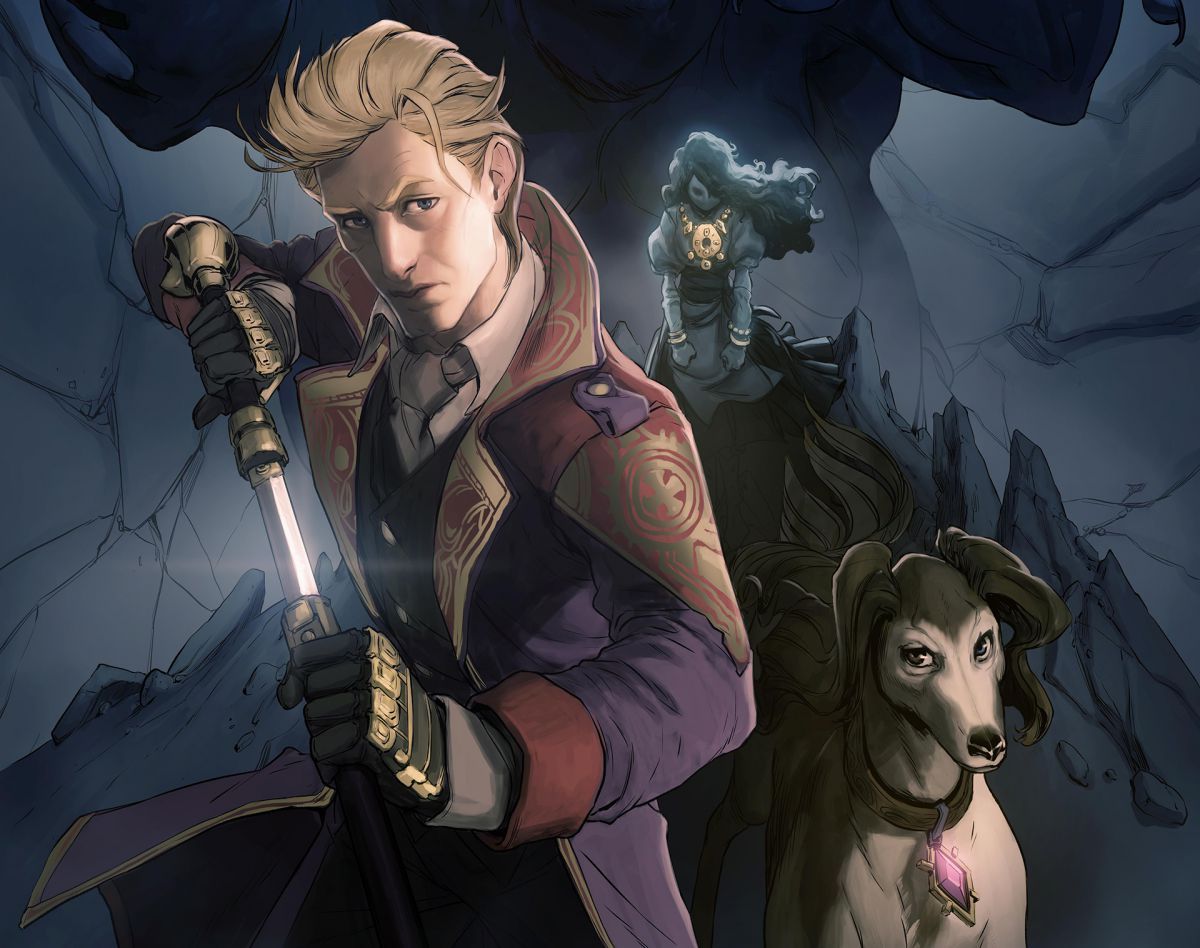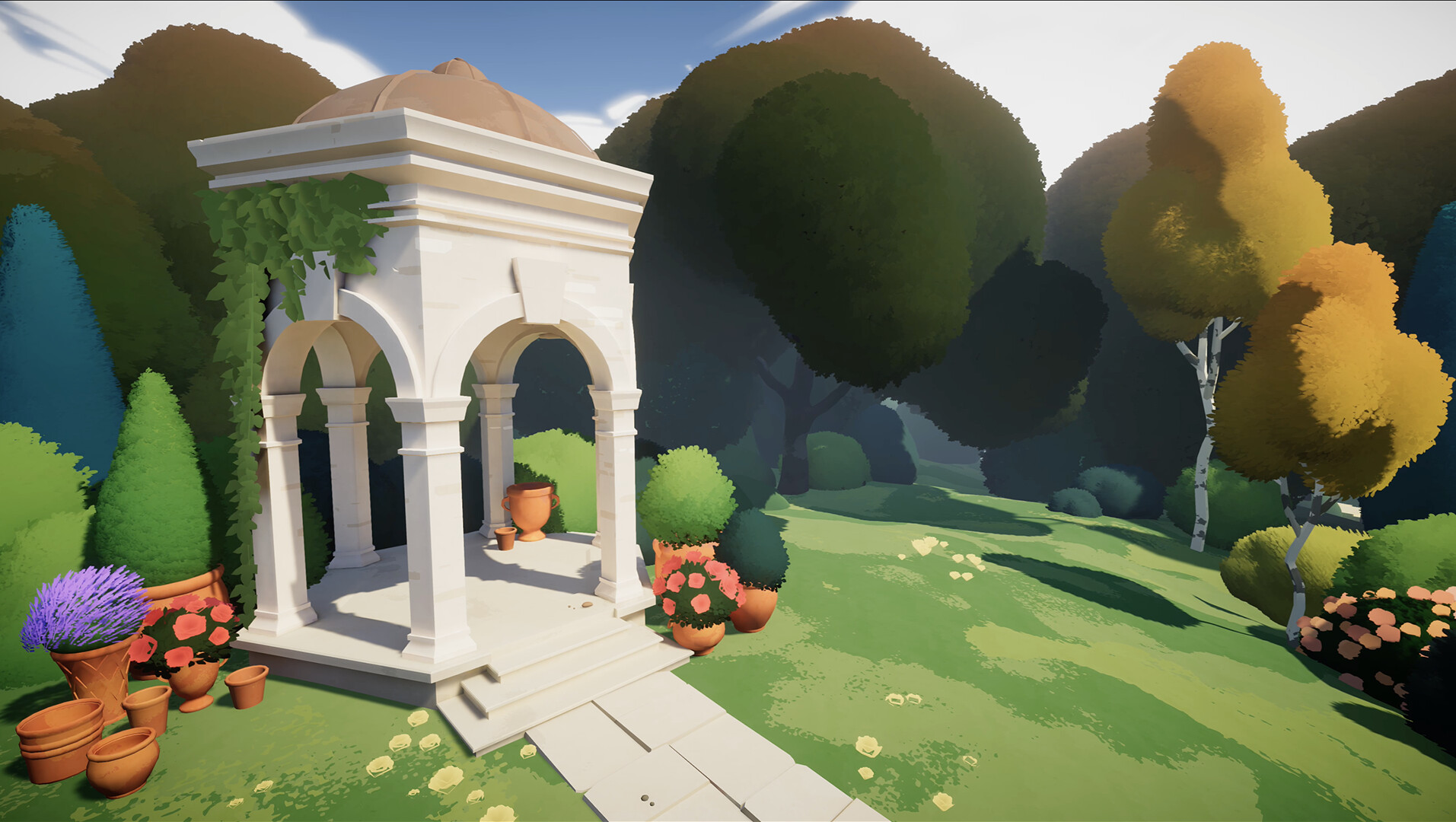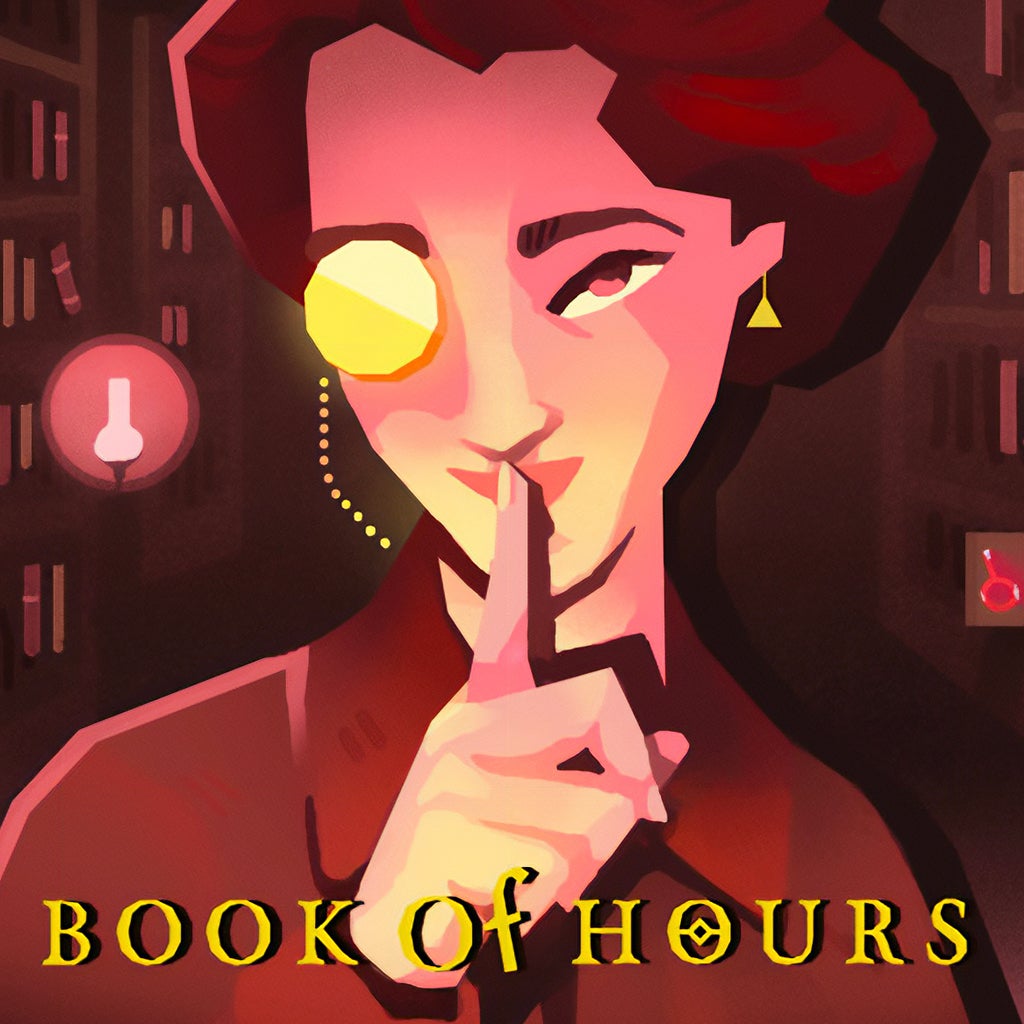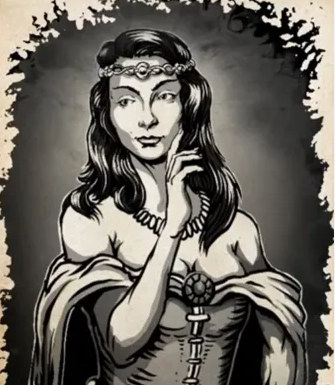In this week’s bulletin, we delve into the new remake of Riven, the controversy surrounding War Thunder’s recent event, the strategy diamond in the rough Renaissance Kingdom Wars, and the settlement between Koei Tecmo and Youzu!
Blog Posts
New intern, who’s this?
As you’re working through your favorite books and games over the summer, VALUE is right there with you. Over the next six weeks, I am writing several blogs on literature and gaming. Let me introduce myself first!
“Tragically Limp Shimmy of Death: Du Lac and Nay”
On May 15, 2024, we moved from the quaint Victorian countryside to the not-so-quaint London of 1888: whimsical botany and floral moseying made way for supernatural murders and bickering immortals.
Botany Manor – The life of a retired Botanist
This game is a beautiful puzzle game taking place in the 19th century in England. We lose ourselves in the gardens, plants and the many, many, many chairs one can sit in.
Reading a book is hard work – Book of Hours
Sp_ace and TimesnewRoman set out to become occult librarians. Turns out it’s hard enough to read one single book, let alone create an entire library.
The life and suffering of Sir Brante – We should have talked to the red-haired lady
Sp_ace and TimesnewRoman continued the life of Fredward Brante, missed out on talking to the Marting-Luther-Lady and in exchange got a dose of pollen-brainwashing instead.





